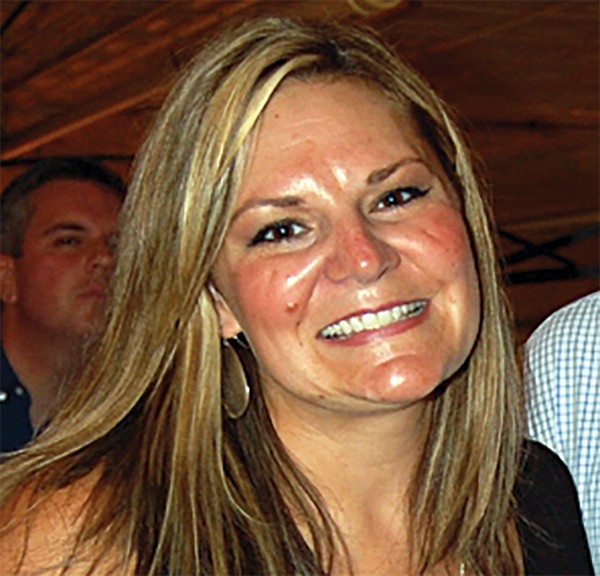Last week, at her first Memphis Animal Services (MAS) Advisory Board meeting as the new shelter administrator, Alexis Pugh opened the meeting with a tearful apology. An MAS field officer had been caught on camera dragging a puppy on a leash a few days earlier, and Pugh wanted those gathered for the meeting to know the officers involved had been suspended.
“I’m heartbroken over what has happened,” she told the crowd.
That show of compassion for the animals was indicative of what most local animal advocates are expecting from Pugh, who has been hailed as a breath of fresh air compared with past directors of the long-troubled shelter. Unlike the last director, James Rogers, who came to MAS from a career in the U.S. Postal Service, Pugh has been working with animals for years. She most recently served as the executive director of Mid-South Spay & Neuter Services, a low-cost spay/neuter clinic. She’s also served as executive director of the Humane Society of Memphis & Shelby County.
Strickland appointed Pugh to the MAS role near the end of May, and she’s already making small changes and planning for some big ones.

Alexis Pugh
“I’ve made a few policy changes on the handling of cats, dramatically increasing the number of pictures that show up on our PetHarbor website and changing our owner-surrender forms,” Pugh said of her accomplishments in her first month at MAS.
Regarding those owner-surrender forms, Pugh added “put to sleep” next to the word “euthanasia.” She said that anyone surrendering their pet who didn’t know what euthanasia meant might accidentally indicate they wanted their pet put down. For those who do want euthanasia, the owner’s signature is now required. Before, it was simply a check box on the form.
Bigger changes are coming. Pugh said she hopes to update the shelter’s technology so animal control officers can take pictures of animals in the field and immediately upload them to the website.
“If someone loses their pet, they can instantly see if that pet was picked up,” Pugh said.
She also plans to have officers hand out brochures in the field that inform citizens about low-cost spay/neuter services, where to get low-cost or free pet food, and other information that might better help people take care of their pets and prevent them being surrendered to the shelter. Those brochures will also be available in the lobby of the shelter.
Past MAS directors have taken some heat from the animal welfare community for not entertaining the idea of making the shelter no-kill, but Pugh is researching that and may soon begin work with a national no-kill organization called Target Zero.
“Nationally, no-kill means you have a 90 to 92 percent live-release rate. Target Zero has been able to get shelters above that 90 percent rate,” Pugh said. “Honestly, I don’t believe that’s something a facility can do alone. It’s going to take a collaborative effort with rescue groups, low-cost spay/neuter clinics, the Humane Society, all of us. Target Zero would spearhead that effort.”
For now, though, Pugh admits that change will take time.
“Right now, we’re hovering at a 63 percent live-release rate. I’d love to be able to tell you that one year from now we’re above 70 or 75 percent and a year from that above 80,” Pugh said. “I know so many people would say that isn’t fast enough, but we cannot achieve this overnight. Ten percentage points a year would be more than 1,000 animals [saved] in a year.”